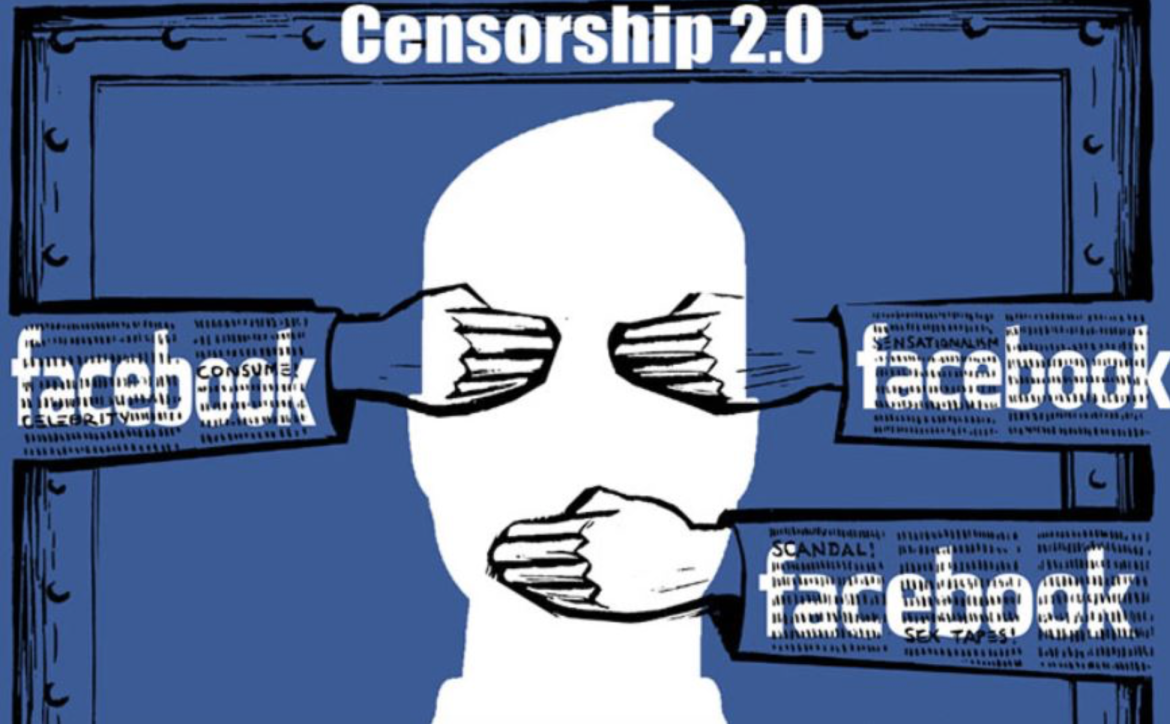U.S. State Department Highlights Press Freedom Issues in Costa Rica
In its 2023 Human Rights Report, the U.S. Department of State has cast a spotlight on the state of human rights in Costa Rica, with a particular focus on press freedom. Despite traditionally being known as a bastion for speech liberty and having a vigorous democratic system, Costa Rica has seen a concerning trend. The report underscores an increase in governmental hostility towards the media, marking a shift in a nation celebrated for its robust free press.
A Year of Static Rights but Growing Concerns
The report outlines that while the overall human rights landscape in Costa Rica has remained relatively unchanged over the past year, the freedom of the press has come under siege. According to the document, there has been a noticeable uptick in verbal assaults and intimidating tactics employed by state officials against journalists starting in 2022. This growing antagonism is highlighted by a decision from the Constitutional Chamber of the Supreme Court, which in May found that remarks made by President Chaves and former Minister of Health Jocelyn Chacón during a press conference were overly aggressive and potentially incited harassment against the media.
Media’s Response to Escalating Pressures
The severity of the situation has led several media outlets to alter their approach to covering government news. Notably, in August 2022, outlets such as the electronic newspaper CRHoy decided to stop sending reporters to the president’s weekly press conferences, citing harassment and safety concerns. This decision underscores the chilling effect the administration’s hostility is having on journalistic practices within the country.
Moreover, there are reports of increasing self-censorship among journalists, spurred by the administration’s public criticisms of the press. President Chaves has not shied away from denouncing journalists who criticize or challenge his administration, going so far as to label them “political hitmen” and dismissing international reports on the decline of press freedom in Costa Rica.
Irony in U.S. Reporting on Foreign Press Freedom
While the U.S. report aims to hold other nations accountable for human rights violations, it comes at a time when the United States itself has faced criticism for its own handling of press freedom. Over the past four years, there have been numerous instances where the U.S. government has been accused of censoring or undermining the press, creating a paradoxical situation where it critiques other nations for actions similar to its own. This irony does not go unnoticed, as it raises questions about the consistency and impartiality of the U.S. in championing human rights and press freedom globally.
The Way Forward for Costa Rica
For Costa Rica, this report from the United States should serve as a crucial wake-up call. It is imperative for Costa Ricans to rally in defense of their long-standing tradition of press freedom, recognizing it as a pillar of democratic integrity. The government must reassess its stance and approach towards the media to ensure that press freedoms are not only preserved but also respected.
Protecting the Pillars of Democracy
As Costa Rica faces these challenges, the global community must also reflect on the importance of maintaining a free and fair press. The situation presents a poignant reminder of the need for constant vigilance to safeguard the fundamental rights that underpin all democratic societies. For both Costa Rica and the broader international community, the defense of press freedom remains a paramount task, essential for the health and vitality of any vibrant democracy.

